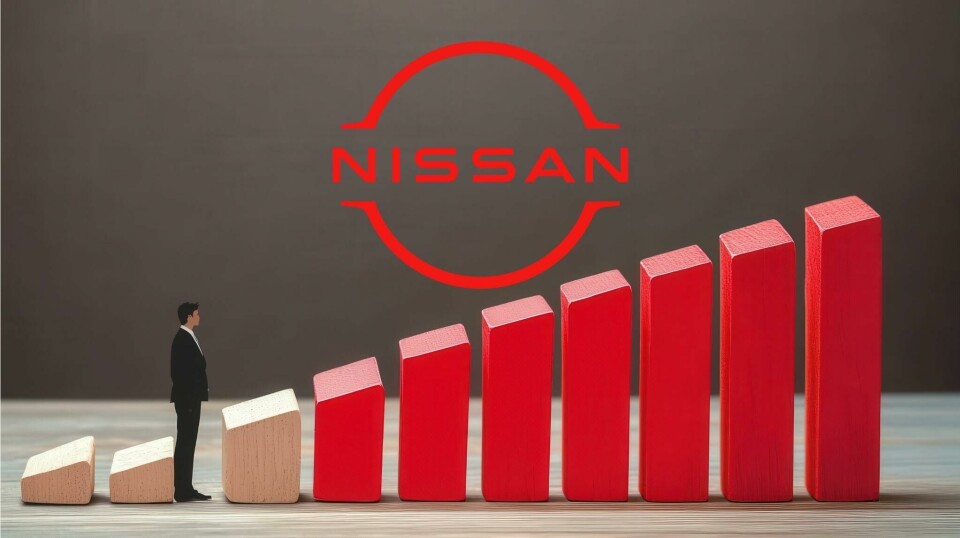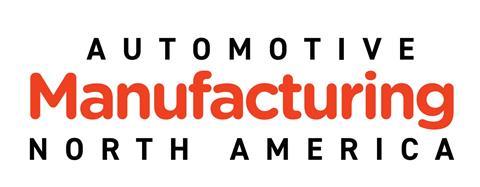Nissan to slash 20,000 jobs and abandon battery plant as new CEO restructures operations after mounting losses in US and China
Nissan is preparing to axe 15% of its workforce, close multiple plants and abandon a billion-dollar EV battery factory, as new CEO Ivan Espinosa steers the carmaker through worsening losses and market missteps.

Nissan is preparing to cut 20,000 jobs globally, equivalent to 15% of its workforce, as it seeks to arrest sliding sales and stem mounting losses under newly appointed chief executive Ivan Espinosa. The sweeping retrenchment, which more than doubles the cuts previously announced in November, marks a major escalation in cost-cutting efforts and a strategic reversal that includes shutting plants and scrapping investments.
Japan’s public broadcaster NHK reported on Monday that the job losses, including the 9,000 already announced, will now surpass 20,000 as Nissan moves to make its business leaner and more resilient. The cuts coincide with deep declines in its two largest markets, the United States and China, where Nissan has struggled to keep pace with hybrid and electric vehicle trends. The company has declined to comment ahead of its full-year earnings announcement, scheduled for Tuesday.
Nissan cuts production amid expected record loss in April
The financial year ending in March is expected to show a net loss of between 700 billion and 750 billion yen (£3.8bn to £4.1bn or $4.74bn to $5.08bn). The carmaker had already cut its profit outlook four times during the year and warned in April of what could be the largest annual loss in its history, driven largely by impairment charges.
The job reductions come alongside broader production cuts and factory closures. Nissan plans to shut a plant in Thailand by June and has confirmed the closure of two additional, undisclosed sites. On Friday, the company announced it would cancel plans to build a ¥165 billion (£860m or $1.1bn) EV battery facility on the island of Kyushu, for which it was due to receive government subsidies.
The abandonment of the battery plant signals a shift in Nissan’s investment priorities amid uncertainty over electric vehicle demand. The carmaker has missed key opportunities in the United States, failing to capitalise on its early lead in electric vehicles and falling behind as hybrid models gained ground. Espinosa, who replaced Makoto Uchida last month, has been quick to act. He recently issued what was described as a “significant” downgrade to the company’s financial outlook and is now embarking on a comprehensive operational reset.
In China, where Nissan once ranked among the leading Japanese marques, the brand has fallen out of favour amid fierce domestic competition and the rapid evolution of local EV offerings. To recover ground, Nissan plans to launch around 10 new models over the coming years. However, with consumer tastes shifting and costs rising, the path to recovery will be fraught.
UK “not a competitive place” for Nissan
In the UK, where Nissan employs around 6,000 people at its Sunderland plant, it remains unclear whether the facility will be affected by the new round of cuts. While the company has invested £2 billion in Sunderland since 2023, including securing UK government support for a new electric powertrain manufacturing facility, executives have voiced concern about the site’s long-term competitiveness.
Alan Johnson, a senior Nissan executive, warned just last month that the UK remained “not a competitive place” to build cars, adding pressure on policymakers to enhance industrial support. Although the UK recently secured a trade agreement with the United States that lowers tariffs on most UK car exports to just 10%, this is unlikely to benefit Nissan directly in the near term. The company does not currently export cars from Sunderland to the US, with most output destined for European and domestic markets.
Read more Nissan stories
- Nissan to shift Rogue output to US to beat tariffs
- Vehicle production and job cuts as Nissan’s profits plummet by 78%
- Tough decisions on Nissan Sunderland plant’s future
- Nissan cuts jobs, Mitsubishi stake & reshapes EV strategy: Losses
The picture is further complicated by trade friction. A 25% US tariff on all imported cars has exacerbated challenges for Japanese carmakers in North America. Nissan’s weakening performance in the US has been compounded by slower-than-anticipated EV uptake, creating a double burden of underperformance and underinvestment.
The restructuring follows a prolonged period of uncertainty and reactive strategy, exacerbated by leadership churn and eroded market share. Espinosa’s swift decisions signal a determination to pivot decisively, but the scale of the cuts and abandonment of flagship investments suggest the company is bracing for a prolonged downturn.
With plans to reduce global capacity by 20% and a raft of new models for China still on the drawing board, Nissan is caught between needing to invest for the future and having to shore up its present. The carmaker’s ability to strike that balance under new leadership will determine whether this reset proves restorative or merely reactive.




